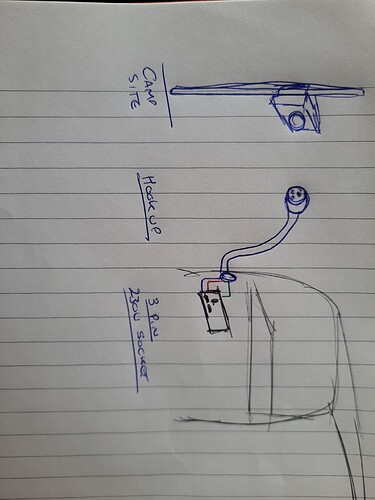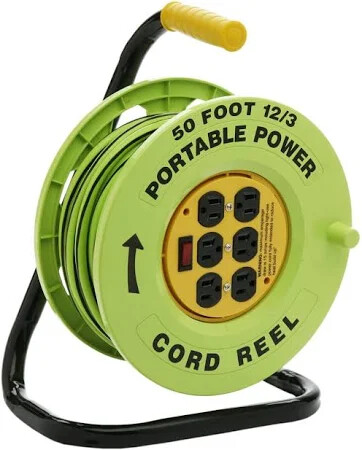So im looking at wiring up a 2000w renogy inverter into a self made consumer unit. It would power a couple sockets and a boiler.
The inverter has a 230v AC input so my plan is to wire an RCD protected double socket in the garage direct to the incoming hook up supply.
That way when I’m at a hook up location this garage socket will be the only thing live.
I can then discount the battery power to the inverter and plug in the 230v AC from the hook up to the inverter so it’ll keep powering everything in the van safely.
The double socket will allow me to plug in a battery charger aswell.
The RCD sockets I’ve seen are rated at 13amps, a 2000w inverter would at max capacity pull 8 amps and the lithium charger I’m looking at as a 5 amp draw. So the 13 amp socket wouldn’t trip according to my math and the fact i probably wont max the inverter.
Just looking for some confirmation that this would actually work.

